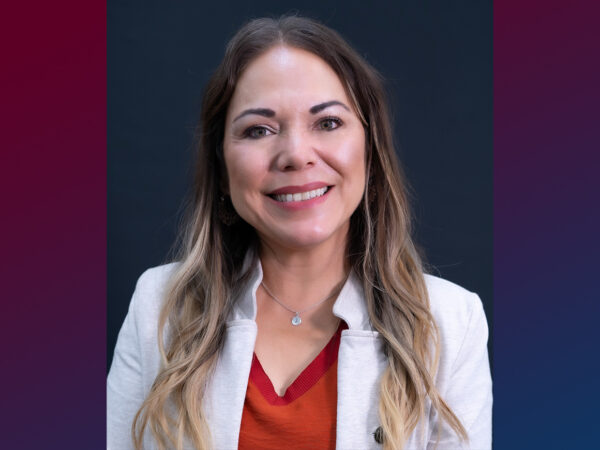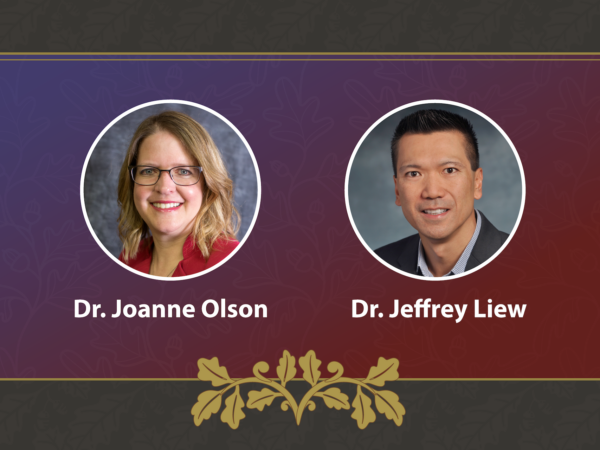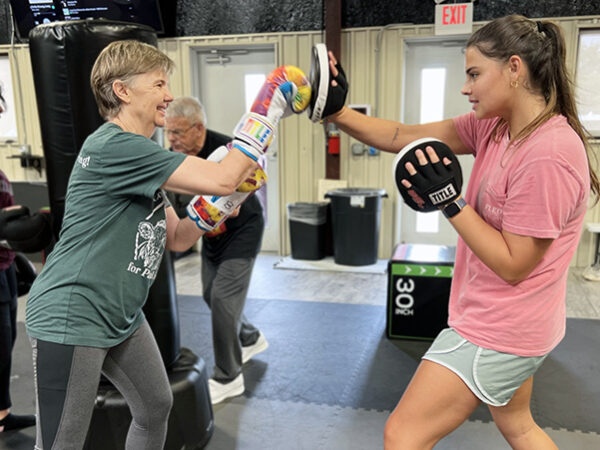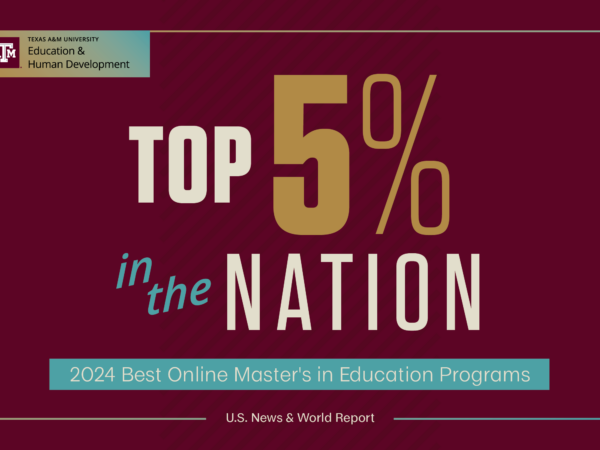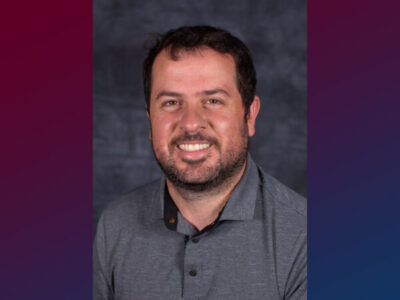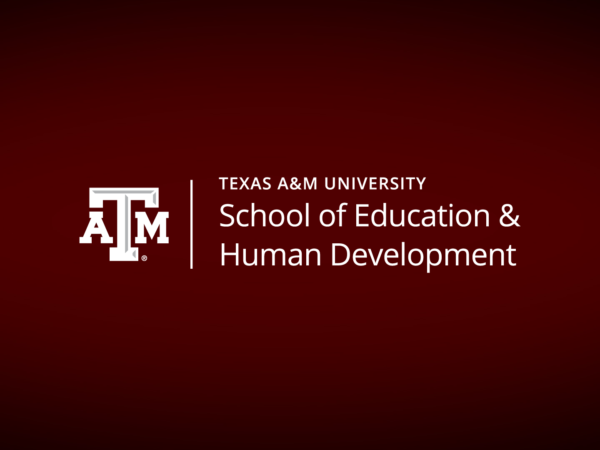Changing literacy education through culture
When Monique Constance graduated from the University of Georgia in 2010, she had plans to work for the United Nations and change the world. Little did she know, her path to change the world would land her in the field of education in New Orleans, and not in politics.
Constance is department chair and teaches English at International High School in New Orleans and is working on her master’s in Curriculum and Instruction with an emphasis in Urban Education at Texas A&M.
After realizing a life in politics was not for her, Constance moved to Baton Rouge, Louisiana. After getting involved in the poetry community and teaching poetry in urban schools, she made the move to New Orleans.
One of Constance’s poetry students suggested she start teaching English at an area high school. She applied, was hired and something clicked – she quickly realized this was what she was meant to do.
 Her passion for multicultural and urban education led her to apply to Texas A&M with a goal to understand how best to develop curriculum to not just impact students in New Orleans, but across the country.
Her passion for multicultural and urban education led her to apply to Texas A&M with a goal to understand how best to develop curriculum to not just impact students in New Orleans, but across the country.
“You cannot have CSP if the teacher doesn’t know how to do that. That’s across all races and identities. I’m learning how to develop professional developments and streamline how we teach teachers to teach,” said Constance.
Literacy Studies Curriculum
Constance is also the founder of Black Love Project, a cultural and writing center focused on literacy, community engagement, and the preservation of the culture and thought of the African diaspora. Her mission, both personally and through the BLP, is to impact literacy in secondary schools through culturally intentional literary studies curriculum.
“As an English teacher, you have a room of 16, 17 year old kids from New Orleans who are worried about helping their family, or the violence that’s going on or the death that’s going on. They don’t care about The Great Gatsby, they don’t care about F. Scott Fitzgerald,” said Constance. “For me, it’s really infusing culture before you get to the literature. Once a child’s mind is open and they can contextualize why you’re teaching them what you’re teaching, they’re more open to learn. That’s when you can give them the methodology or the more critical aspects of English/Language Arts education.”
Hurricane Katrina’s Impact
Constance has a bit of freedom with developing a curriculum thanks to the city’s move to a 100% charter school system. The change happened in 2019, largely due to the lasting impacts of Hurricane Katrina.
Whether this has been a success or a failure depends largely on who you ask.
Prior to Hurricane Katrina, New Orleans was Louisiana’s lowest achieving school district. Since then, the number of failing schools has decreased and students are scoring higher on standardized state tests.
However, others argue the success is marked by misleading accountability data.
For Constance, the issue goes beyond changing the type of schools in New Orleans. For her, the key issue is how to properly teach students, specifically students of color.
“We have to teach our students how to read and write/communicate well – and I think the curriculum I am in the process of developing really answers the question of how to teach Black students in an urban school,” said Constance.
About the Writer
Ashley is the Communications Manager and responsible for news coverage in the Department of Teaching, Learning and Culture as well as the Department of Educational Psychology.
Articles by AshleyFor media inquiries, contact Ashley Green.



